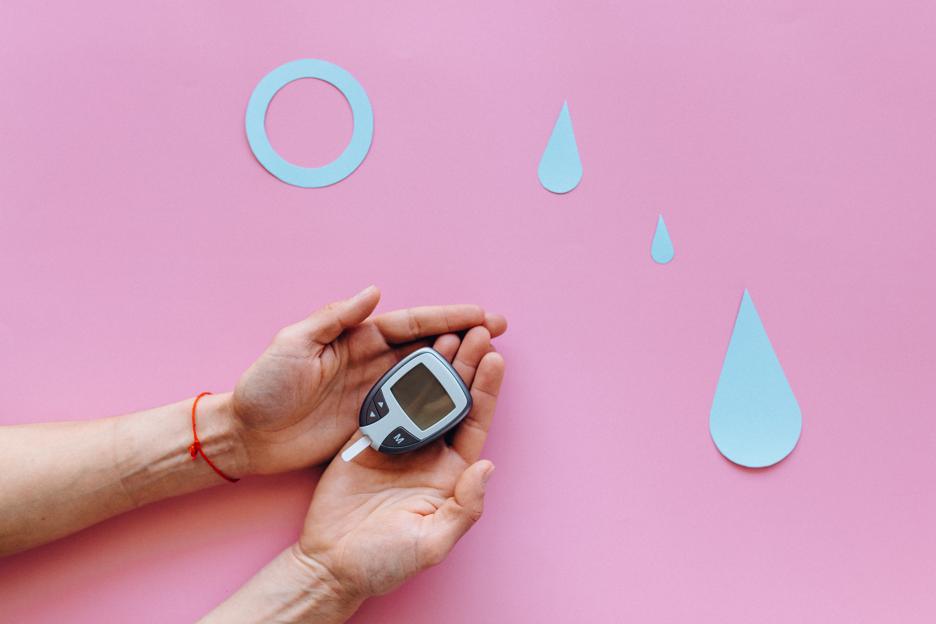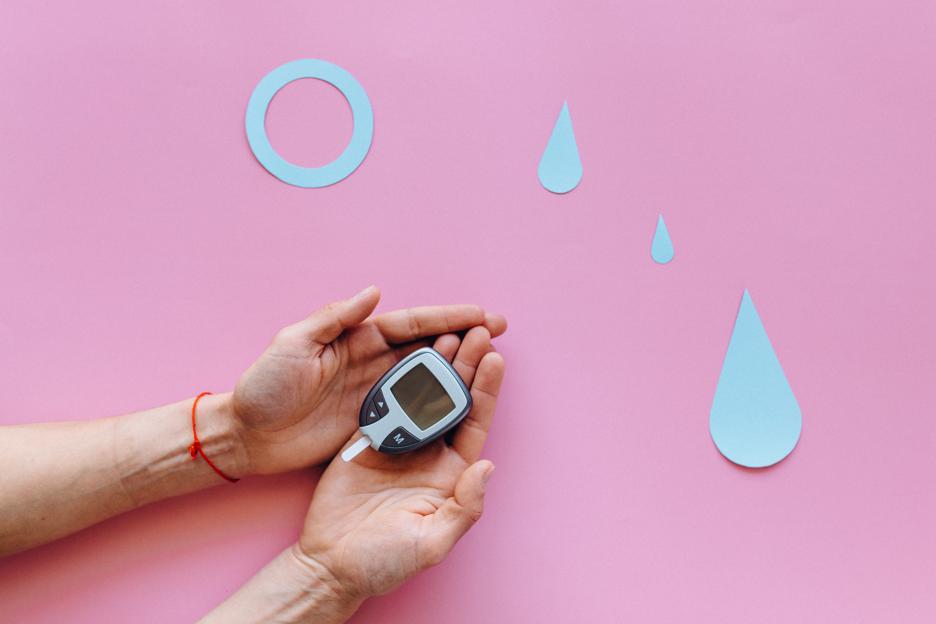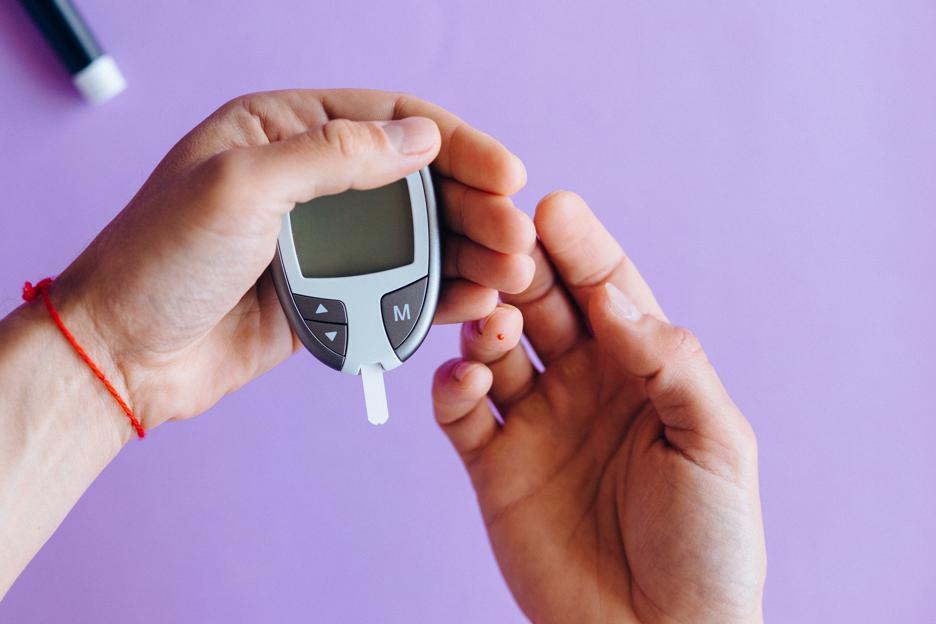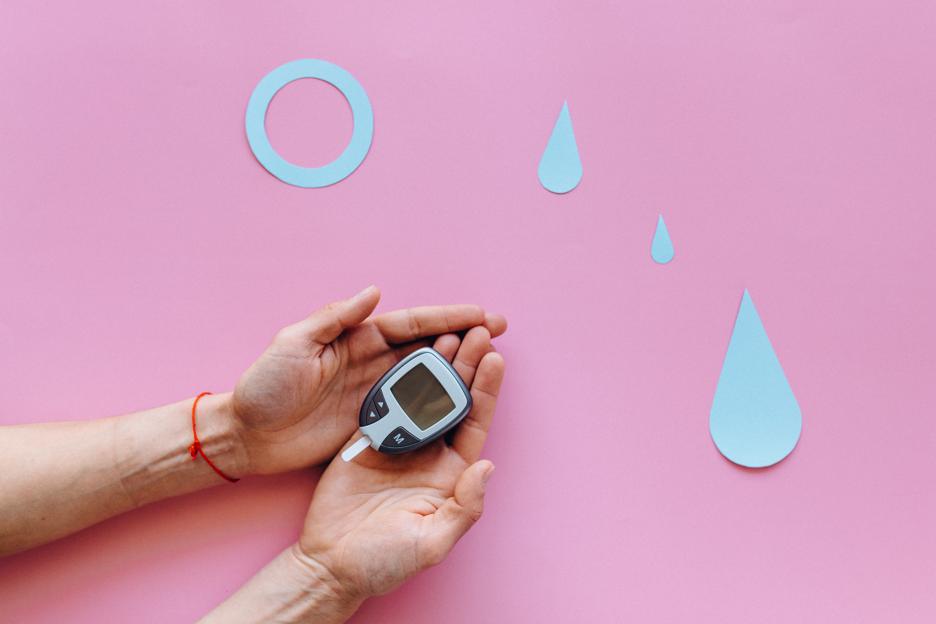Plant Based Diets On Blood Glucose
As more and more people are becoming conscious of their health, plant-based diets are becoming increasingly popular. Not only are these diets great for overall health, but they can also be beneficial when it comes to managing blood glucose levels. In this blog, we’ll explore the potential benefits of plant-based diets on blood glucose levels and how it can be used to manage diabetes and prediabetes.
Benefits of plant-based diets on blood glucose levels


A plant-based diet is one that emphasizes eating whole, unprocessed foods such as fruits, vegetables, legumes, and whole grains. These foods are naturally low in added sugar, saturated fat, and salt, and can provide numerous health benefits, including improved blood glucose levels. Eating a plant-based diet helps to reduce inflammation in the body, which can help to lower blood sugar levels.
Additionally, plant-based diets are often rich in dietary fiber, which helps slow down the digestion of carbohydrates, resulting in a gradual rise in blood glucose levels. Finally, the antioxidants present in plant-based foods can help reduce the risk of chronic diseases related to high blood sugar, such as type 2 diabetes.
With all these benefits, it’s easy to see why a plant-based diet is an excellent choice for managing blood glucose levels.
Types of plant-based diets & their benefits on blood glucose


Plant-based diets have become increasingly popular as a healthy lifestyle choice, and for good reason. Research has shown that following a plant-based diet can have a positive impact on blood glucose levels. Plant-based diets are rich in fiber, antioxidants, and phytochemicals, which can help reduce inflammation and improve glucose metabolism.
Additionally, the low fat and low calorie content of plant-based foods can help you lose weight and reduce your risk of developing type 2 diabetes. Not only can plant-based diets help maintain healthy blood glucose levels, but they can also provide numerous other health benefits, including a reduced risk of heart disease, improved cholesterol levels, and a reduced risk of some types of cancer.
How to implement a plant-based diet to lower blood glucose


Adopting a plant-based diet is a great way to lower blood glucose levels and improve overall health. In fact, research has shown that a plant-based diet rich in vegetables, fruits, legumes, nuts, and whole grains can help people with diabetes better manage their blood glucose levels.
To make the switch to a plant-based diet, start by adding more plant-based foods to your daily meals and snacks. For example, enjoy salads for lunch, roasted vegetables as a side dish, or a smoothie for breakfast.
You can also try incorporating more plant-based proteins like beans, lentils, and tofu into your diet. Making the switch to a plant-based diet is a great way to improve your overall health and to help manage your blood glucose levels.
Recipes: plant-based dishes to lower blood glucose


If you’re looking to improve your blood glucose levels, consider giving plant-based diets a try! Not only are these diets healthy and sustainable, but they also offer a range of delicious recipes that can help you on your journey to better health.
From vegan burgers to hearty salads, there are countless plant-based dishes that can help you lower your blood glucose levels. With a little creativity and experimentation, you can create unique meals that are both nutritious and tasty. So why not give it a try?
Plant-based diets can be the key to better blood glucose levels!
Common mistakes & challenges to lowering blood glucose with a plant-based diet


Are you trying to lower your blood glucose with a plant-based diet? While switching to a plant-based diet can be a great way to reduce your blood glucose levels, it’s not without its challenges.
The first mistake is not eating a balanced diet. While plants are rich in vitamins and minerals, they lack certain nutrients like protein, which is essential for keeping blood glucose levels in check.
Another mistake is not getting enough fiber. Fiber helps slow the digestion of carbohydrates and can help reduce blood glucose levels.
Finally, people often make the mistake of not getting enough physical activity. Exercise can help lower your blood glucose levels and should be included in any plant-based diet plan. While there are some common challenges to lowering your blood glucose with a plant-based diet, it is possible to do so with the right plan.
By eating a balanced diet, getting enough fiber, and exercising regularly, you can lower your blood glucose levels and reap the health benefits of a plant-based diet.
Conclusion
In conclusion, plant-based diets can be beneficial for people with blood glucose disorders. Eating a diet rich in whole foods, such as fruits, vegetables, legumes, and whole grains, can help to keep blood glucose levels in check and reduce the risk of developing diabetes.
Finally, plant-based diets may help to reduce inflammation in the body, which can help to reduce blood sugar levels. While eating a plant-based diet may not be the only solution to managing blood glucose disorders, incorporating more plant-based meals into your diet can be an effective way to help keep your blood glucose levels in check.







